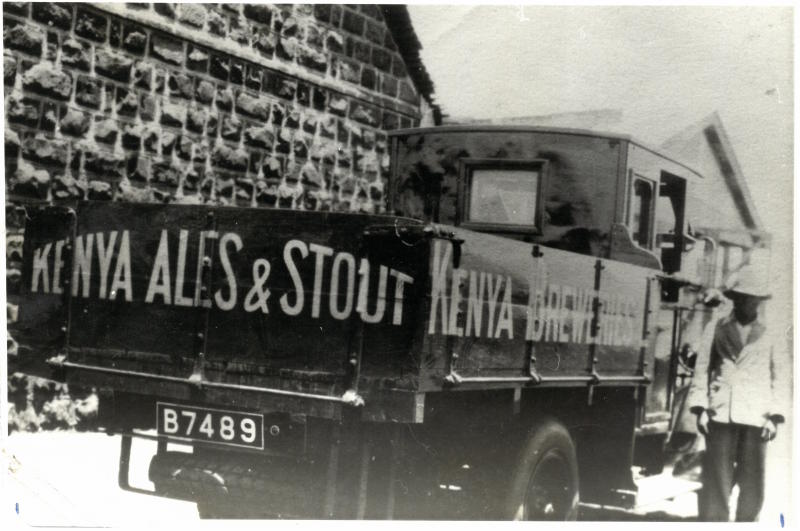×
The Standard e-Paper
Kenya’s Boldest Voice

Kenya Breweries delivery truck that was used in the early 1920s [File]
The ongoing war between Russia and Ukraine has is causing scarcity of some basic commodities which brings back memories of the World War II which devastated lives in East Africa and left thousands of colonial settler’s throats parched.